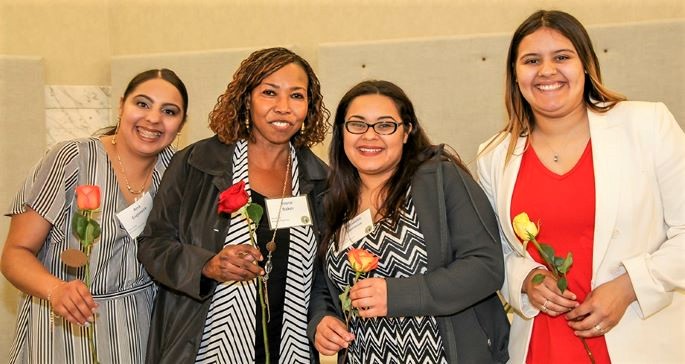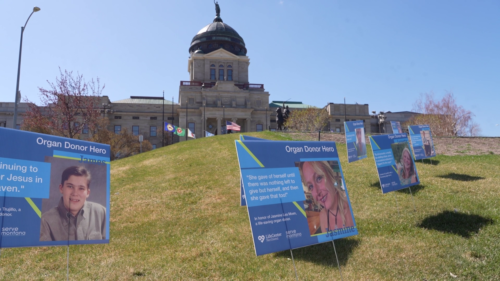
What is National Hispanic Heritage Month?
Observed annually from September 15-October 15, National Hispanic Heritage Month commemorates the histories and cultures of American citizens’ ancestors from Spain, Mexico, the Caribbean, and Central and South America. Hispanics and Latino Americans in the United States have positively influenced multicultural communities nationwide through their service, traditions, and inventions including important work on the improvement of intensive care for newborns and contributions to X-ray technologies.
This observation has been celebrated since 1968 and spans the independence anniversaries of the five Latin American countries: Costa Rica, El Salvador, Guatemala, Honduras and Nicaragua, as well as Mexico, and Chile.
This annual recognition celebrates the influence of Hispanic and Latino Americans in shaping a brighter future. Throughout this month, we would like to honor the Hispanic and Latino Americans in our region who have given others the gift of life through organ and tissue donation, as well as the achievements of those who have been given a second chance through transplantation.
Significance
- Currently, there are more than 114,000 individuals on the national organ transplant waiting list – roughly 22,000 of those waiting are Hispanic (nearly 20%).*
- More than 60% of patients waiting for a transplant are from multicultural communities.
- Just like other minorities, Hispanics have higher rates of kidney disease and kidney failure, which can lead to the need of an organ transplant (according to the American Kidney Fund).
- Every 10 minutes, another individual is added to the national transplant waiting list, while an average of 20 people die a day while waiting for a transplant.*
According to U.S. Department of Health Services: “Although organs are not matched according to race/ethnicity, and people of different races frequently match one another, all individuals waiting for an organ transplant will have a better chance of receiving one of it there are large numbers of donors from their racial/ethnic background.” This means that greater donor diversity can help increase access to transplantation for everyone.
Talk to your family, friends and community members about organ, eye and tissue donation today! You can also learn more about organ donation here.
A ‘Washington Hero’: Antonio Espinoza
 Antonio Espinoza of Wapato, WA was a young man who was known for his love for everyone and his willingness to lend a listening ear. He also greatly valued time with his family and friends.
Antonio Espinoza of Wapato, WA was a young man who was known for his love for everyone and his willingness to lend a listening ear. He also greatly valued time with his family and friends.
Just days after his 21st birthday, he suffered from a brain aneurysm and died last year. His family made the generous decision to donate his two kidneys, liver and lungs to individuals on the organ transplant wait list.
Antonio’s lungs recipient, Joyce Baker, can now breathe without an oxygen tank and return to her normal life going hiking and dancing with her boyfriend. She doesn’t believe that she would still be here doing these things if it weren’t for Antonio, her hero.
Antonio’s sister, Ana Espinoza, finds comfort in knowing that Antonio had saved four lives with his organ donations.
In April of this year, Antonio was among the 120 Washington residents honored by family and friends at the Gift of Life recognition as a part of Donate Life Month. Washington Governor Jay Inslee deemed these organ donors as “Washington’s Heroes” while acknowledging that their loved ones were a part of the miracles.
Check out this video that highlights Antonio’s legacy:
*Data based on Sept. 2018 data on UNOS National Data.






